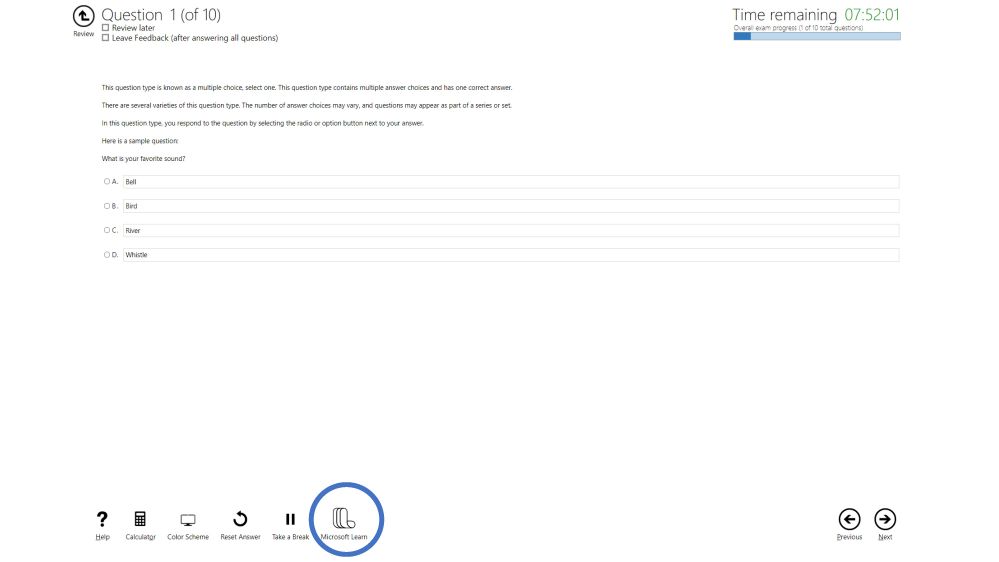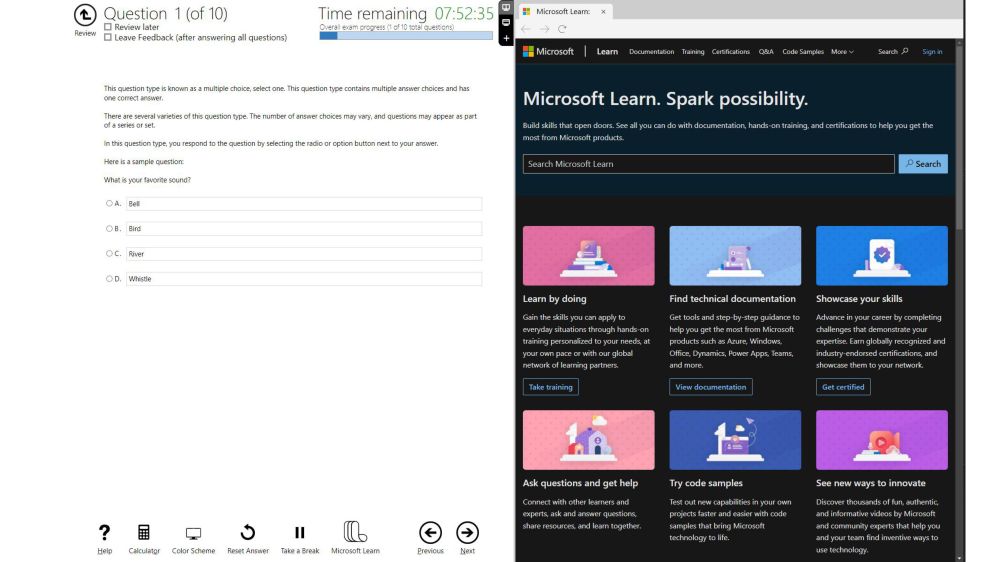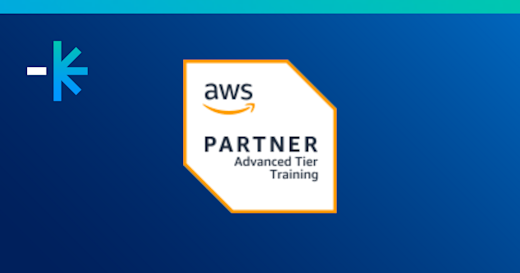Got a question? Call 1800 853 276 | Login
Are Microsoft exams open book? As of August 2023, role-based exams are. To enhance accessibility and relevance, Microsoft is introducing open-book certification exams and launching a new platform to aid learners in their preparation journey. Let's delve into these exciting changes and understand their implications.
A Shift in Microsoft Certification Exams
Traditional certification exams have often focused on memorising facts and concepts. However, Microsoft's recent move to open-book exams aims to align assessments more closely with real-world scenarios where professionals can access resources to gain context while solving problems effectively. This shift is grounded in the understanding that individuals rely on references and resources in professional roles to make informed decisions. "Let me look that up" and "Let me double-check the data" are phrases we use daily to apply existing models to specific use cases.
An open book policy for role-based Microsoft Azure exams, Microsoft Apps, etc., will impact how individuals prepare for and approach these exams profoundly. Instead of solely testing rote knowledge, these exams will assess the ability to understand logic, apply concepts, find relevant information, and derive solutions in practical situations. This transition acknowledges that professionals seldom work in isolation and regularly access resources to perform their tasks efficiently.
Some quick clarifications:
Candidates can access everything in the learn.microsoft.com domain except Q&A and the candidate profile.
Extra time will not be added.
The exam timer will continue as you search Learn for information.
This resource is only available on role-based exams, not fundamentals.
This resource will be available in the same languages as the exam.
To use this resource during an exam, candidates can select the Microsoft Learn button on the exam question screen. This button will open Microsoft Learn on a split screen to the right of the exam question. You can then navigate the website as usual and expand it to full screen.
Real-World Relevance
Open-book exams better mirror the real-world scenarios professionals encounter in their roles. This change encourages critical thinking, problem-solving, and efficient use of resources.
Real-World Relevance: Open-book exams better mirror the real-world scenarios professionals encounter in their roles. This change encourages critical thinking, problem-solving, and efficient use of resources.
Skill Application: Professionals will need to focus on understanding core concepts and how to apply them rather than relying solely on memorisation.
Resource Management: Test-takers must master the art of finding information quickly within the provided resources, emphasising resource management skills.
Employer Confidence: Organisations can be more confident that certified professionals have the skills to contribute effectively to the workplace.
Reduced Stress: Removing the pressure to memorise vast amounts of information could result in less stress for candidates, allowing them to perform at their best.
Reactions and Expectations
The announcement of Microsoft's open-book certification exams has garnered significant attention and reactions from professionals, educators, and the tech community. While some hail the move as a more practical and relevant assessment model, others express concerns about potential exam integrity. But "How hard are Microsoft certification exams?" remains a frequently asked question. Some will describe exams as quite challenging. And we reckon it will continue to be so as there is a shift in focus from memorising details to the logic and strategy behind them.
Microsoft's decision to introduce open-book exams aligns with a broader trend in the education and certification sector. It reflects a growing acknowledgment that effectively accessing and applying information is a critical skill in today's information-rich world.
Navigating the Transition
As Microsoft's open-book certification exams become a reality, prospective test-takers and learners can take specific steps to navigate this transition successfully:
Develop Information Retrieval Skills: Sharpen your ability to find information quickly within provided resources. Practice using search functions effectively.
Master Key Concepts: Instead of memorisation, focus on understanding core concepts deeply to apply them in various contexts.
Utilise Microsoft Learn: Leverage the resources on the Microsoft Learn platform to prepare comprehensively for exams.
Practice Real-World Scenarios: Engage in practical labs and scenarios to hone your problem-solving skills in a controlled environment.
Stay Updated: As the transition unfolds, stay informed about any updates or changes to exam formats and resources.
Additional Help from Training Services Partners
You can also look to a partner for guidance, planning and implementation. Lumify Work (previously DDLS) is an end-to-end Microsoft Training Services Partner. We will be there as you work towards your organisation's big-picture skills development goals and to help individual staff with training and exam preparation.
Lumify Work is APAC’s leading provider of corporate IT and process training and an exclusive partner of Microsoft, delivering robust training courses in cloud computing to help professionals prepare for certification. It has a pool of Microsoft Certified Trainers.
We're thrilled to announce that Lumify Work has been honoured with the Microsoft MCT Superstars Award for FY24. This is a testament to the high quality of our Microsoft Certified Trainers (MCTs) across Australia and New Zealand.
You and your department can become Microsoft certified under a global IT leader. Please enquire with us about a Microsoft course or certification path.
Microsoft's decision to introduce open-book certification exams marks a pivotal moment in professional certification and learning resources. This shift aims to bridge the gap between exam conditions and real-world work scenarios, fostering practical skills and resource management.
While challenges and concerns exist, this transformation underscores the evolving nature of education and certification in an information-driven era. As professionals adapt and prepare for these changes, they pave the way for a more skilled and adept workforce that can thrive in the dynamic landscape of technology and business.












